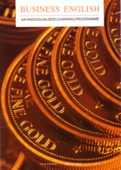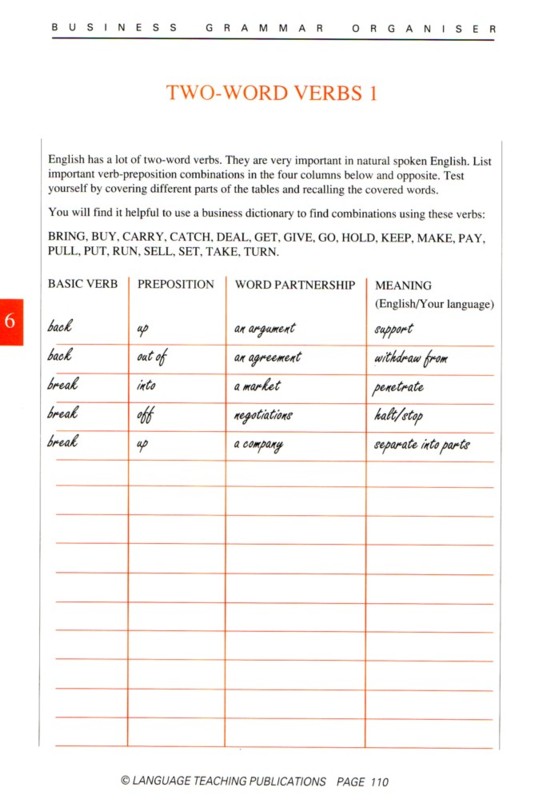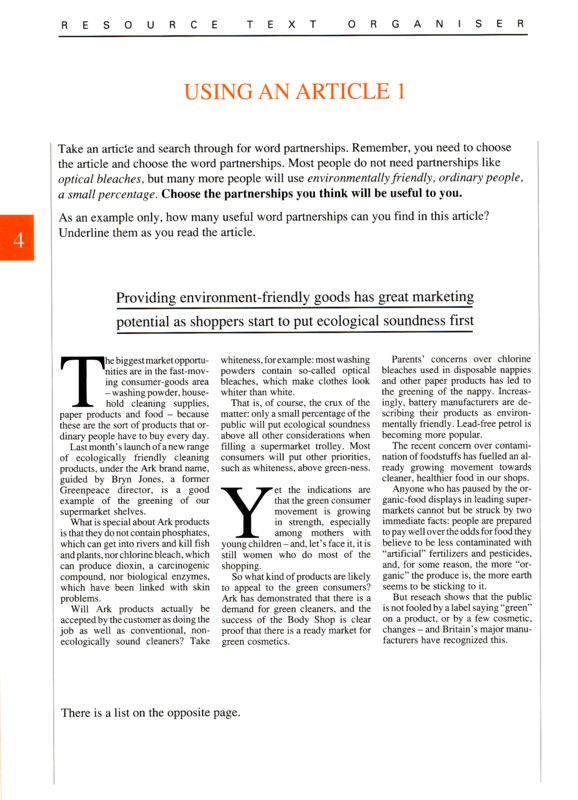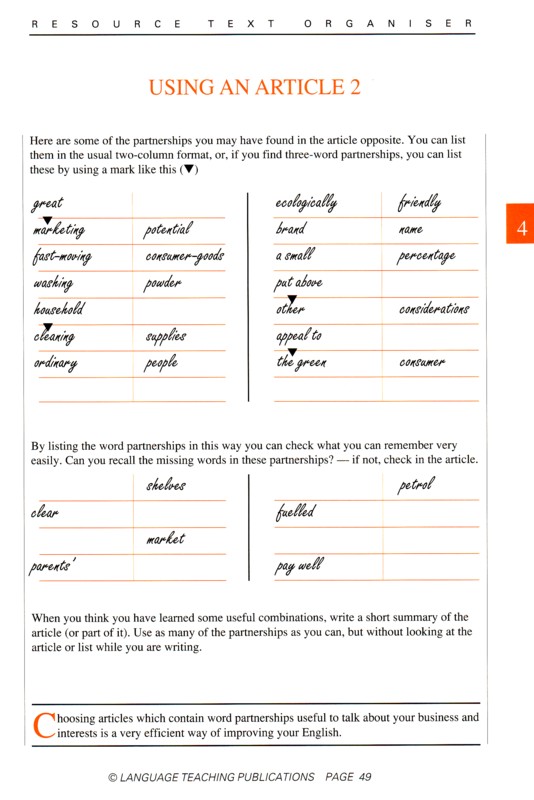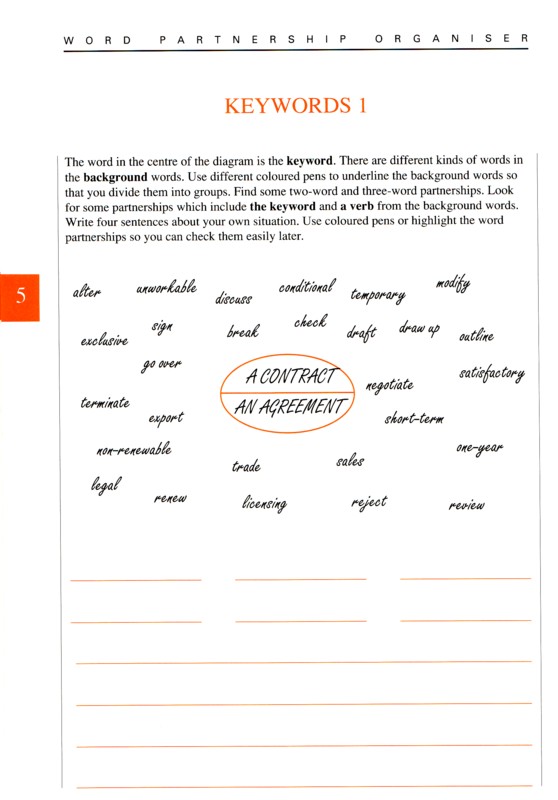It’s useful to get into the habit of looking up unfamiliar terms and expressions when you come across them. That could be on a computer, but often you will be out and about when something appears, so a phone or a little note-book is often more practical.
Split the book into sections, for example:
At the back make a note of unfamiliar terminology regardless of how obscure. If you keep your eyes open you’ll constantly see new stuff, be it in the DIY store or the window of a temping agency. Do you know what a French coffreur does?
At the front make a note of expressions (and good translations thereof) that are more likely to come up in the sort of meetings that you interpret at. This means that when that term or expression comes up you will already have a version to hand. That saves time and stress in the booth.
Learning vocabulary, rather than just writing it down, will require you to revisit your notes again and again! Or try flashcards!

